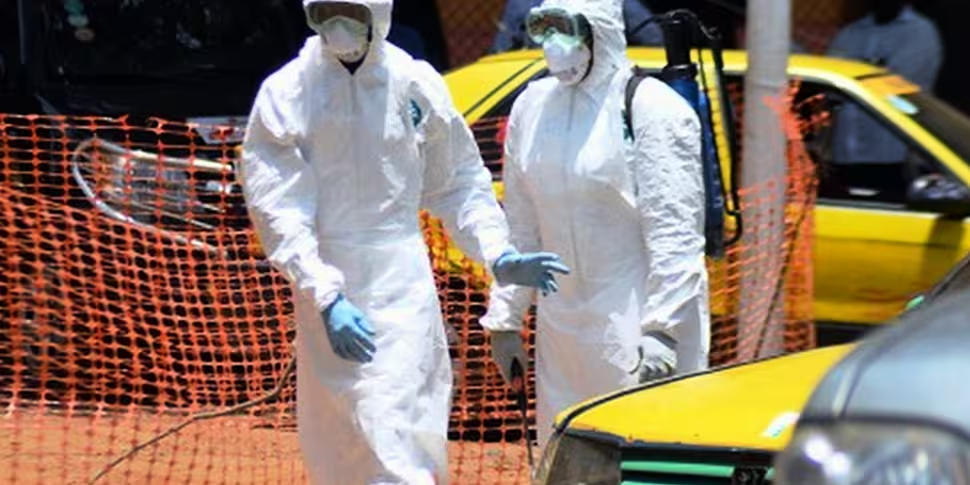The World Health Organisation (WHO) has warned there could be 10,000 of Ebola per week by Christmas.
The announcement came as part of a mixed report on the battle against the epidemic.
Health officials said that 8,914 cases of Ebola have now been reported in West Africa, including 4,447 deaths.
WHO assistant director general Bruce Aylward told a press conference in Geneva that the total was expected to top 9,000 by the end of this week.
He warned that the death rate from the current outbreak has now risen to 70%. It was previously estimated at about 50%.
When asked how the situation would emerge over the next couple of months, he said: "It's impossible to look into a glass ball and say we're going to have this many or that many (cases) but we anticipate the number of cases occurring per week by that time to be somewhere between 5,000 and 10,000 per week.
"It could be higher, it could be lower, but somewhere in that ball park."
But he said there were some positive indications that the rate of spread of the disease may be slowing in some of the areas where it first struck.
Some 95% of the cases are occurring in the same limited number of districts of Liberia, Sierra Leone and Guinea which were affected a month ago, he said.
Dr Aylward said it was "too early to say" whether this meant that the epidemic was slowing down and that the feared exponential growth in cases may not materialise.
The plateau in reported infections may simply be due to limitations in the ability of authorities in the region to check and record cases, he said.
Dr Aylward said there were "positive" signs of a slowing down in the rate of new cases in the epicentre of the outbreak in northern Liberia and Guinea, probably due to behaviour changes among the local population.
But he warned that a reduction was not enough, that total eradication of the disease is necessary: "This is Ebola, this is a horrible, unforgiving disease - you've got to get to zero.
"What gets you down to a level of control may not be - and usually isn't - what gets you down to zero. With a bit of change in the behaviour of populations, with some burials happening safely, with a little bit more case management and a couple of new centres opening, you are going to slow this down very quickly.
"That's not going to stop Ebola. To stop Ebola, you've really got to have great contact tracing in place, same-day isolation.
"Those pieces are not systematically in place in these places."
Dr Aylward said that it was "concerning" that the disease was continuing to expand geographically within all three countries, with escalating case numbers in their capital cities.
"In certain areas, we are seeing the disease coming down and it appears to be for the right reasons, but that doesn't necessarily mean they are going to get to zero," he said.
"Even more concerning is the geographical expansion and the disease in the capitals.
"Any sense that the great effort that's been kicked off over the last couple of months is already starting to see an impact would be really, really premature."
The WHO update came as enhanced screening of passengers travelling to the UK from the region affected began at Heathrow airport and a UN worker died while receiving treatment for the disease in Germany.









